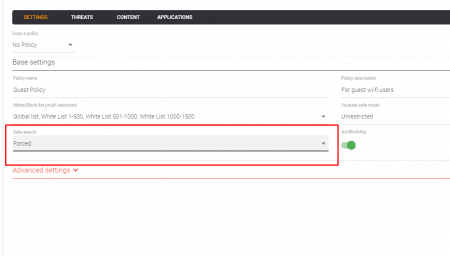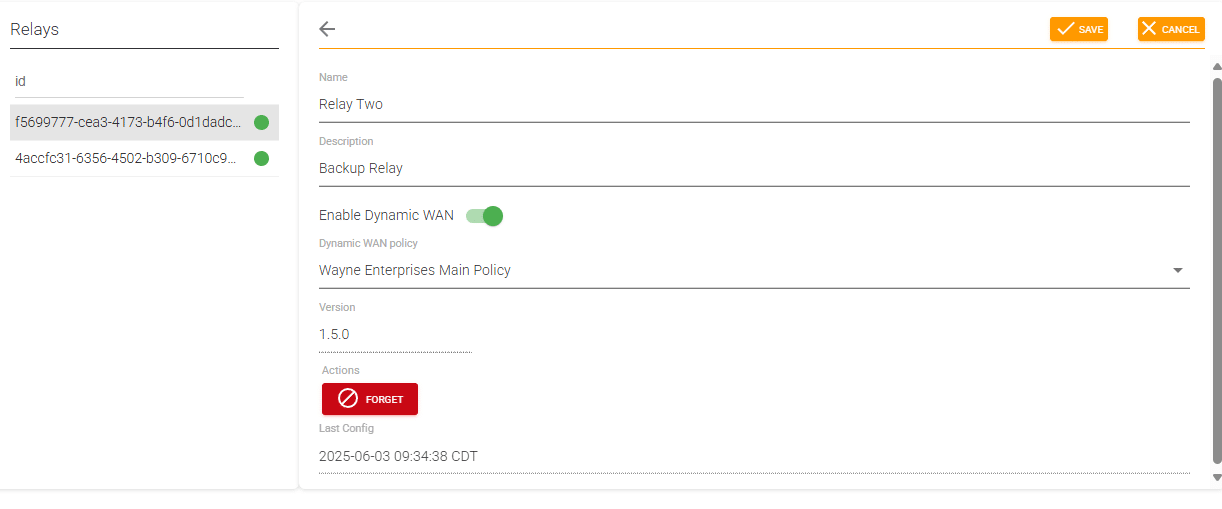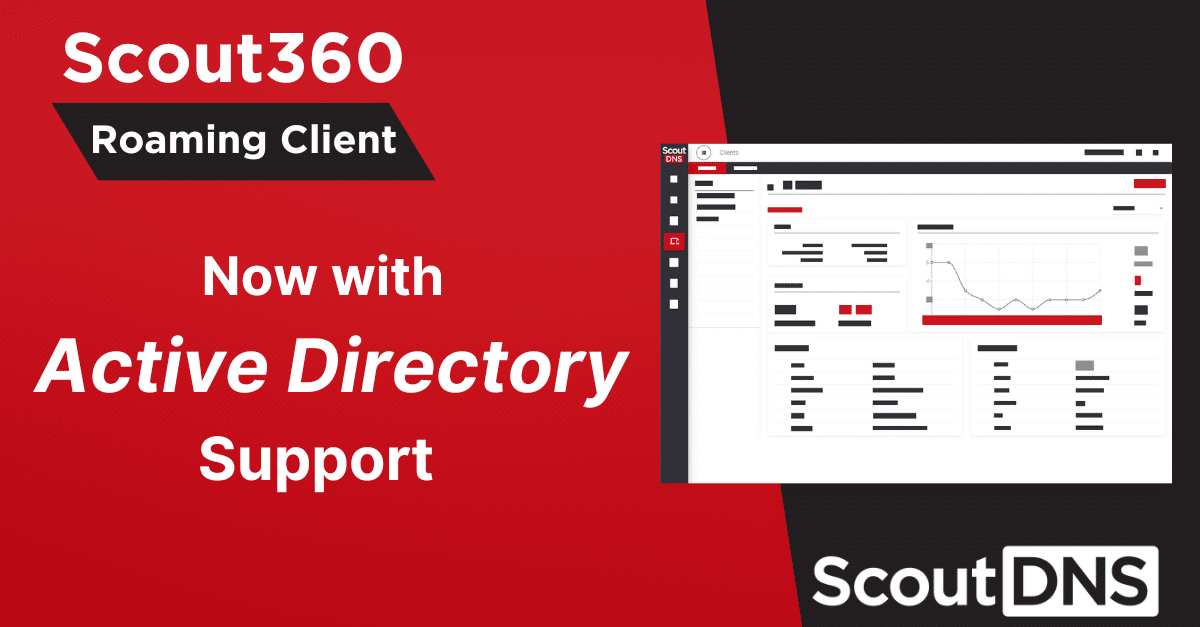One of the biggest DNS filtering solution on the planet is not actually CIPA compliant on its own. Claiming to have tens of thousands of schools and being the “easiest way to achieve CIPA”, it would be critical to make sure schools get this right as their compliance is in large part tied to funding for many.
What is CIPA?
If you have a career in education or work with libraries, you already know what CIPA is. For everyone else, CIPA or Child Internet Protection Act, is a law that requires K-12 schools and libraries in the United States use Internet filters and implement other measures to protect children from harmful online content as a condition for federal funding. More specifically CIPA requires as it relates to content filtering specifically:
Internet protection measures must block or filter Internet access to pictures that are: (a) obscene; (b) child pornography; or (c) harmful to minors (for computers that are accessed by minors).
There is no question that CIPA is showing its age today and there remains grey areas as it pertains to modern technology practices. What is clear is that school districts must make efforts to ensure obscene content is not easily available to students over a district internet connection. While almost all content filters including those that operate by DNS, easily block access to known inappropriate websites, not all filtering solutions plug what is essentially a huge gaping hole in content availability on their own.
Search Engine Porn
Almost any online activity today starts from the search engine and this is no different when someone is trying to access pornographic or inappropriate content. While your content filtering solution may ultimately block the destination URLs of such searches, one merely needs to click on the “Image” or “video” options within popular search engines to view material directly within the search portals, bypassing any actual click through protection. Even appliance or software based filtering solutions that work via URL keyword detection fail to catch everything within the search results. It is for this reason that several search engines support “Safe Search” functionality to limit the type of content made available directly within their portals.
Safe Search
With a major focus on the education market and in order to moderate content within, major search engines like Google and Bing provide an option for “Safe Search” results. This allows end users to filter potentially obscene material even within the “image” and “video” preview sections. It’s important to understand that network administrators have no control over what these safe search blocks filter as the search engines deploy their own algorithms. This being said, the search engine giants put heavy efforts to ensure safe search viability.
Forcing the Safe Search
As mentioned earlier, the most popular DNS filter with the largest market share does not actually offer safe search enforcement. Network administrators using this platform and others including on premise solutions not enforcing safe search within popular search engines, must create manual DNS entries within their local networks as supplement.
Instructions for Google:
//support.google.com/websearch/answer/186669?hl=en
Instructions for Bing:
https://help.bingads.microsoft.com/apex/index/18/de-US/10003
This is just the first step as they must also consider blocking all other search engines that do not support safe search functionality via DNS control. This happens to includes virtually every search engine except Google and Bing.
So as you can see, it’s possible to setup this up manually on your own, however it’s anything but the “Easiest way to achieve CIPA”…
One Click Forced Safe Search
ChurchDNS users are able to turn on Forced Safe Search with a single click of the “Forced Safe Search” option. Electing this function, ChurchDNS immediately handles the Google and Bing safe search DNS entries on the backend (including all Google country TLDs) while going a step further and auto blocking all other known search engines.
So, while CIPA is certainly in need of a modern refresh, and no tech solution alone solves all of the requirements, using ChurchDNS gives administrators many tools to block current obvious channels of potentially inappropriate material. This is why we built ChurchDNS, to make content filtering powerful yet simple giving network and school administrators one less thing to worry about.





